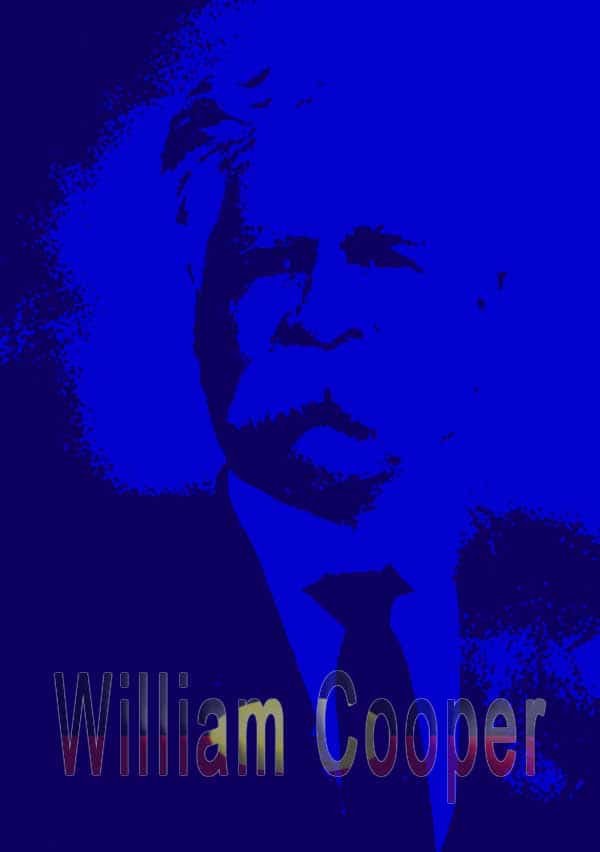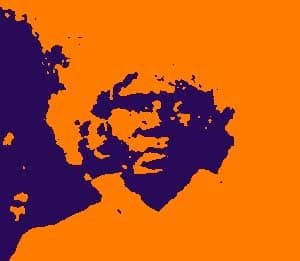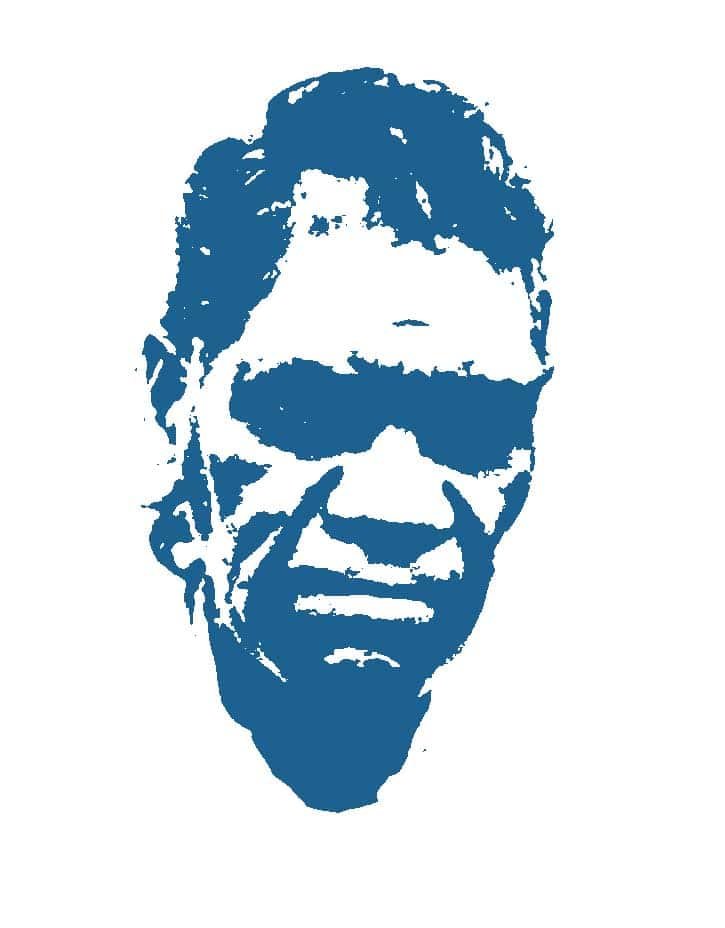Australian Aboriginal Heroes
The European colonization of the aboriginal clans in Australia in 1788 brought a lot of damage to the aborigines. Thousands died as they were driven off their land, and others died of killer diseases brought by the British settlers in their territory. What has left of their population was forced to accept British customs and abandon their customs.
Since the colonization till now, the indigenous community of Australian is still fighting against discrimination. They are fighting for justice and their aboriginal rights.
Along with the fight for justice and aboriginal rights came the Australian Aboriginal War Heroes. These people have marked Australian history for making a significant contribution to their struggles for justice and the fundamental rights of the aborigines of Australia.
William Cooper

He was famous as a hero and the first activist who rallied for Aboriginal justice and rights. He came from a Yorta Yorta descend from Victoria and was born on December 18, 1860. His early years he spent with the Cummeragunja community as a pastoral laborer. He lived in slave-like circumstances, yet this does not hold him back to be the voice of Yorta Yorta in their fight for land justice from the New South Wales government.
He tirelessly lobbied for their civil rights and rights to their traditional land to the government. With that, he organized the Day of Mourning to get attention to the damaging effects of invasion and settlements in their territories. Up to this day, The Day of Mourning is continuously observed by many in Australia.
His most notable achievement in Australian history is the establishment of the National Aborigines Day, which today has become the National Aboriginal and Torres Strait Islander Day. It is a week full celebration across Australia to commemorate the Aboriginal and Torres Strait Islander’s history and culture.
Fanny Balbuk Yooreel

A Noongar woman from the tribe of Perth is Fanny Balbuk Yooreel. She was born in the year 1842 in the region of Upper Swan. She experienced the European settlement firsthand and witnessed her unstinted country change in the hands of the British colony. She was known as the upholder of the rights and values of the Aboriginals. Until her death, she never stopped to fight, and stormed, and raged against those who seize their homeland.
William Harris

Like Fanny Yooreel, William Harris was a Noongar man born in the year 1867 in Williams, WA. He worked at the stations and ports of Ashburton and Gascoyne district of West Australia, and there he witnessed the cruelty and brutality against the local aboriginal people. After seeing this, William became an activist and lobbied for justice for his people. He made his concerns heard through entering public debate and writing letters to the Australian press. He raises his fears regarding the unequal treatment of his people and driving aboriginal people off their land.
His most notable work is when he led the historic committee in 1928. Along with his brother, nephew, and others who supported the cause, they led the first Western Australian Aboriginal deputation where they argued their case. They fought to revoke the Aborigines Act 1905 and lobbied for better Aboriginal rights. Unfortunately, the legislative change didn’t occur until after WWII, but William remained steadfast in his fight until the end of his life.
Daisy Bindi

Daisy Bindi was born in 1904 in Circa. She was born in a cattle station near Jigalong Aboriginal Reserve, WA. As a child, she witnesses the cruelty of police, who often shot the dogs that their community often used to hunt Kangaroos. She grew up without formal education and learning household skills at Ethel Creek Station. At that time, Don McLeod urged the Aboriginal people to come together and strike to catch attention regarding their conditions. Daisy Bindi responded to the call and arranged a meeting to deliver the message.
She initiated the strike by organizing the local workers in her place and began the strike on May 1, 1946. It was her initiative to spread the news in their station and other stations, thus changing the arrangement of labor relations in the north. As a result, they were able to make a venture – the Pindan cooperative in Port Hedland, where locals worked in the mining industry and received equal pay for their work.
Barbara Jackson

Barbara Jackson was a fierce advocate for Aboriginal rights during her time. She was a Noongar woman and was considered the unsung hero from the south-west of WA. Barbara is passionate and proactive in helping to improve the lives of the locals. All her life, she was involved with some of the Aboriginal rights committees.
With her devotion to help her people, she started the Aboriginal Youth Training Centre in 1970. Here, she taught the young one’s skills that would help them in their lives. She taught them skills that would make use of their hands like art, dressmaking, coffee table making, and leatherwork. She taught them herself although he had other people help to give some of the lessons.
Unfortunately, she lived only twelve months after she established the Training Centre. She did not live enough to see how the center helped a lot of young Aboriginal people.
In her lifetime, Barbara never stopped advocating for Aboriginal rights and would always stand up for others. She was mostly concern with education and health of her people. Her legacy for pursuing Aboriginal rights is seen in her family. The advocacy lives on until this day.
These unsung heroes have made significant contributions to Australian history. Their legacy, their cause, is still being fought until this day. Their fight doesn’t end where their lives end. Instead, it ignited the fire of the new generation heroes that lobbied their cause against discrimination and equal rights.
Today, the more excellent voice of the Aboriginals is growing in the federal decision making with its growing presence in the Parliament. Issues that tackles the lives of Aboriginal people are rightly discussed. The election of Aboriginal people- Ken Wyatt and Linda Burney, are signs of hope for the Aboriginal people of Australia.
Reference
Read More:
Australian Aboriginal Flag And The Significance Of Its Colours
The First Aboriginal Minister is a Huge Step Forward…









